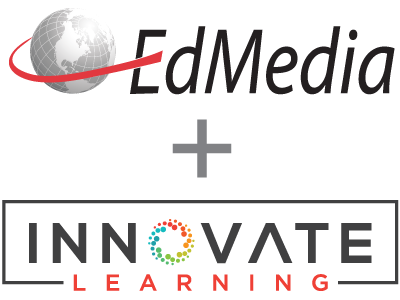
Fostering Teacher Educator Technology Competencies (TETCs) in and with Virtual Reality. A Case Study.
PROCEEDING
Thomas Schroeter, Jennifer Tiede, University of Würzburg, Chair of School Pedagogy, Germany ; Marc Erich Latoschik, University of Würzburg, Chair of Human-Computer Interaction, Germany
EdMedia + Innovate Learning, in United States ISBN 978-1-939797-56-8 Publisher: Association for the Advancement of Computing in Education (AACE), Waynesville, NC
Abstract
This case study presents the findings and implications of an inverted, 2-week further development workshop done with a convenience sample of 13 teacher educators and university teachers of a German university. The aim was to foster Teacher Educator Technology Competencies (TETCs) 1a) and 1b) with a special focus on Virtual Reality (VR). Drawing on Anderson’s and Krathwohl’s cognitive taxonomy, 11 learning goals were derived from the competency aspects to not only scaffold but also track the development of the participants. The data collection consisted of pre- and posttests, focus group interviews, and recordings of group presentations. A qualitative content analysis revealed that VR-related knowledge consistently increased, whereas pedagogical knowledge increased partially. Competency levels regarding both competency aspects were reached sporadically, yet unconsolidated. The pedagogical concept, thus, proves to be particularly useful for fostering knowledge of digital technology for teaching and learning. At the same time, focusing on two competency aspects in a single stand-alone workshop may seem disproportionate.
Citation
Schroeter, T., Tiede, J. & Latoschik, M.E. (2021). Fostering Teacher Educator Technology Competencies (TETCs) in and with Virtual Reality. A Case Study. In T. Bastiaens (Ed.), Proceedings of EdMedia + Innovate Learning (pp. 617-629). United States: Association for the Advancement of Computing in Education (AACE). Retrieved September 1, 2024 from https://www.learntechlib.org/primary/p/219718/.
© 2021 Association for the Advancement of Computing in Education (AACE)
